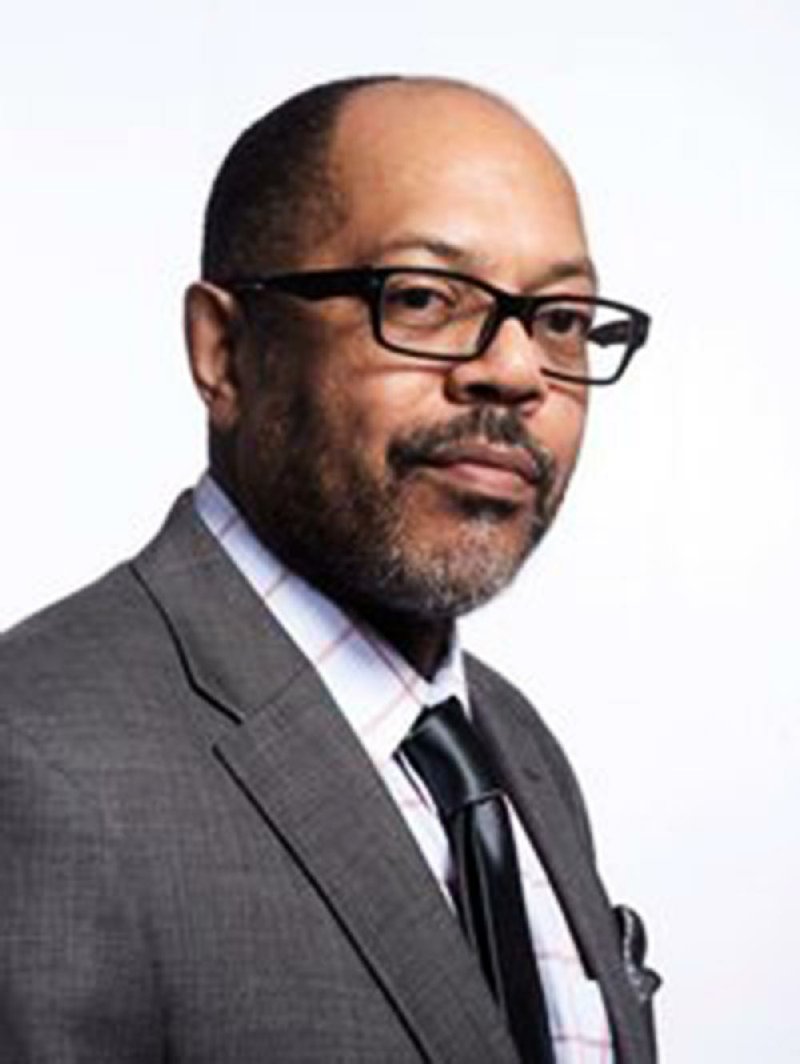The highest-selling jersey in the NFL belongs to the backup quarterback of the San Francisco 49ers.
"That tells you something about the power of sports," said Kevin Merida, editor-in-chief of ESPN's new website The Undefeated.
Merida, hired by ESPN to lead the site in November after 22 years at the Washington Post, spoke Tuesday at the Clinton School of Public Service about the increase of athletes' activism.
With a motto of "Not conventional, never boring," the site explores the intersection of race, culture and sports.
Since it went live in May, the site has published articles, blogs, videos, podcasts and "99 Words," which asks readers to respond to questions such as whether they prefer to be called black or African-American. It's also hosted a forum on ESPN devoted to gun violence in Chicago.
An overarching goal for the site is to show athletes as complex people beyond their sports, he said.
"It's not about positive coverage or negative coverage; it's about completeness," he said.
The first challenge for the site was the death of Muhammed Ali in June, to which it devoted a week of coverage. While Ali is often remembered as a hero today, he was a complex and controversial figure in his prime, even among the black community, Merida said.
"You can be seen in your imperfections as long as you're seen in all of your glory," Merida said.
Merida hopes to facilitate a growing need for athletes to express themselves on issues outside of their occupations. The recent increase in activism is partly a result of the country's changing demographics, which have seen the proportion of minority citizens grow relative to whites, he said. It's also a sign of the times. In the 1980s and 1990s, many athletes looked up to Michael Jordan, whose avoidance of controversy won him hundreds of millions in endorsement dollars, but he was criticized by activists for not using his status to lend a voice to civil rights issues.
Jordan provided the site its first major scoop. On July 25, he released a statement on it titled, "I Can No Longer Stay Silent," in which the NBA great stated he was "deeply troubled by the deaths of African-Americans at the hands of law enforcement."
Jordan stated that while he had been treated well by law enforcement officers who protected him, he "recognize[d] for many people of color their experiences ... have been different than mine." He pledged $1 million to two organizations to improve police-community relations.
Merida noted the recent activism of athletes did not start with Kaepernick. The Miami Heat wore hooded sweatshirts to protest a jury's decision not to convict the shooter of Trayvon Martin. NBA players wore shirts saying "I Can't Breathe" during warmups after Eric Garner died because of a police officer's chokehold. Members of the WNBA wore "Black Lives Matter" T-shirts after the deaths of Alton Sterling and Philando Castile in July.
Merida's speech came one day after police in Tulsa released video of officers fatally shooting an unarmed black man. The man, 40-year-old Terence Crutcher, was walking toward a stopped car with his hands up, then leaned over, when he was shot once and killed by Tulsa police officer Betty Shelby.
Where the current atmosphere leads, he isn't sure, but Merida said he knows both athletes and sports leagues are struggling with the bounds of activism.
"Who knows if they want to take that to the legislative level, to the political level, but I think it's part of the crescendo that's building toward more," he said
Sports on 09/21/2016

